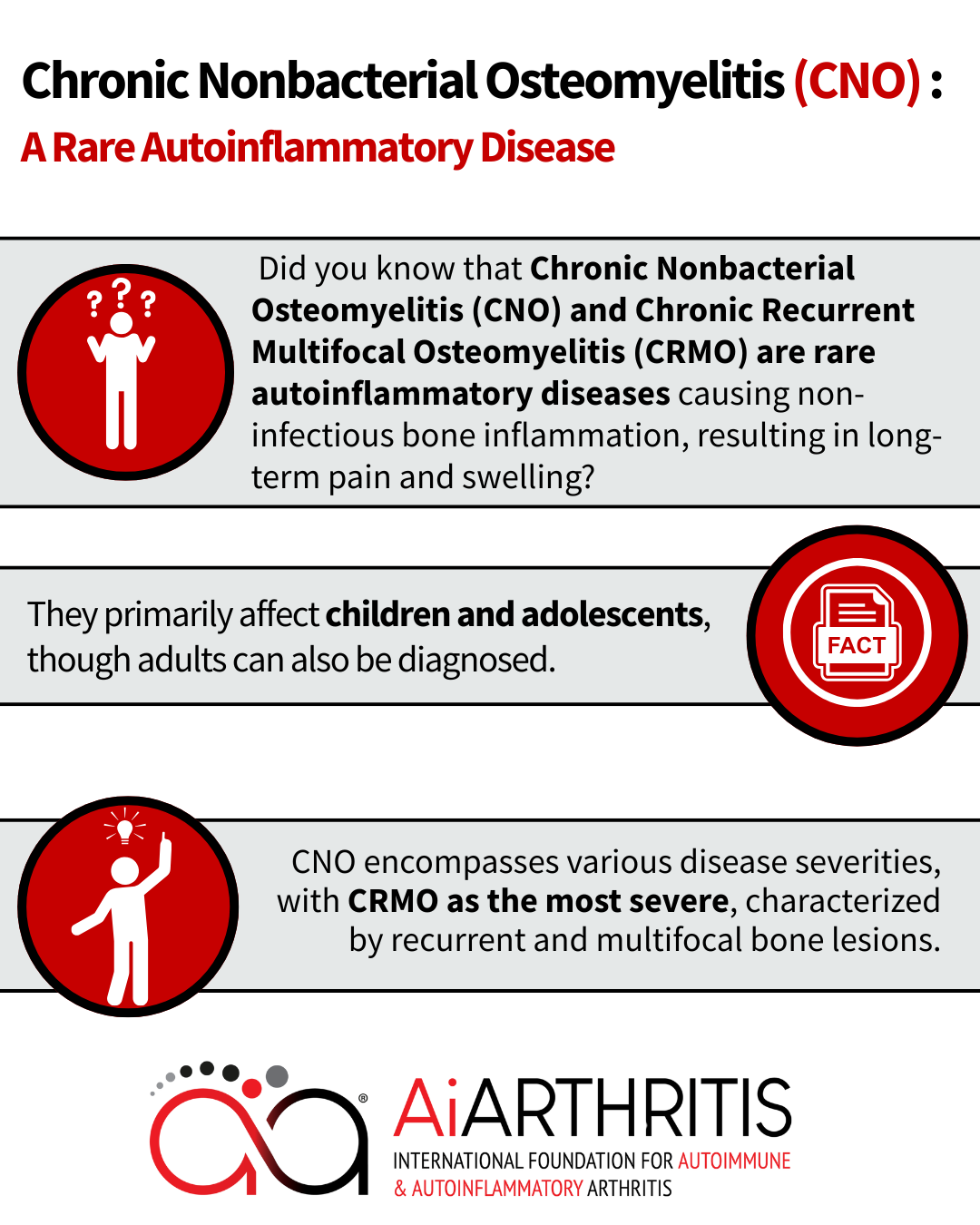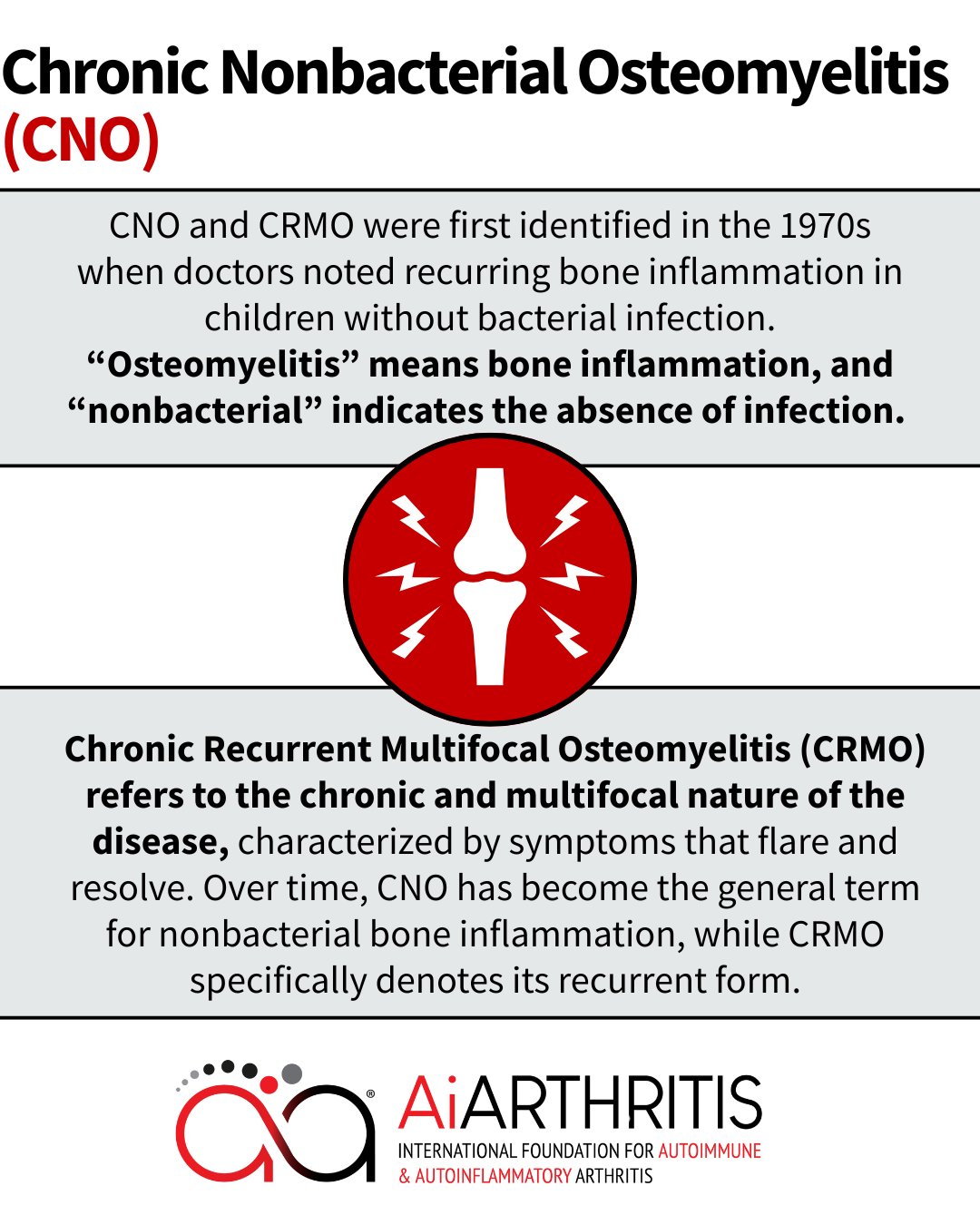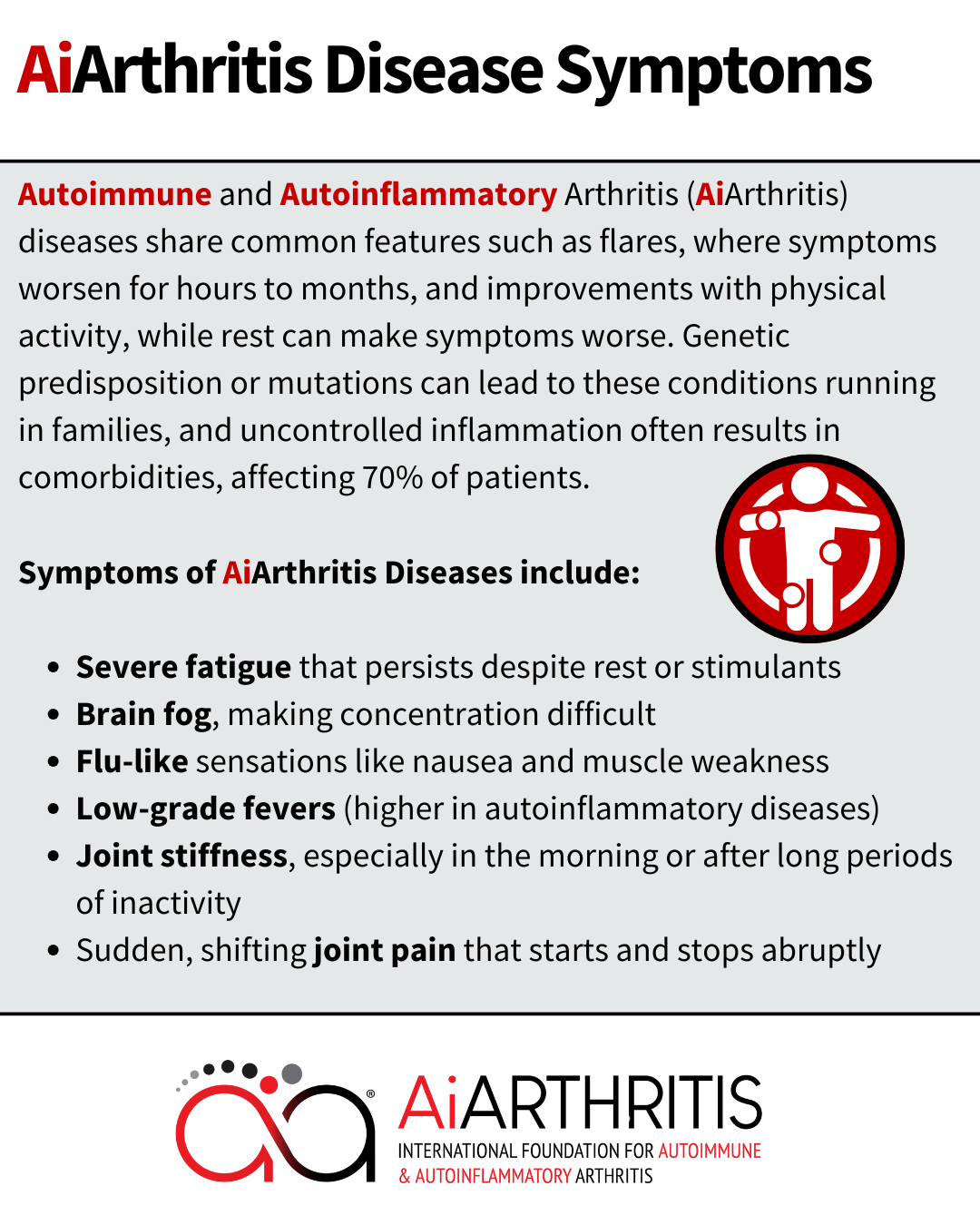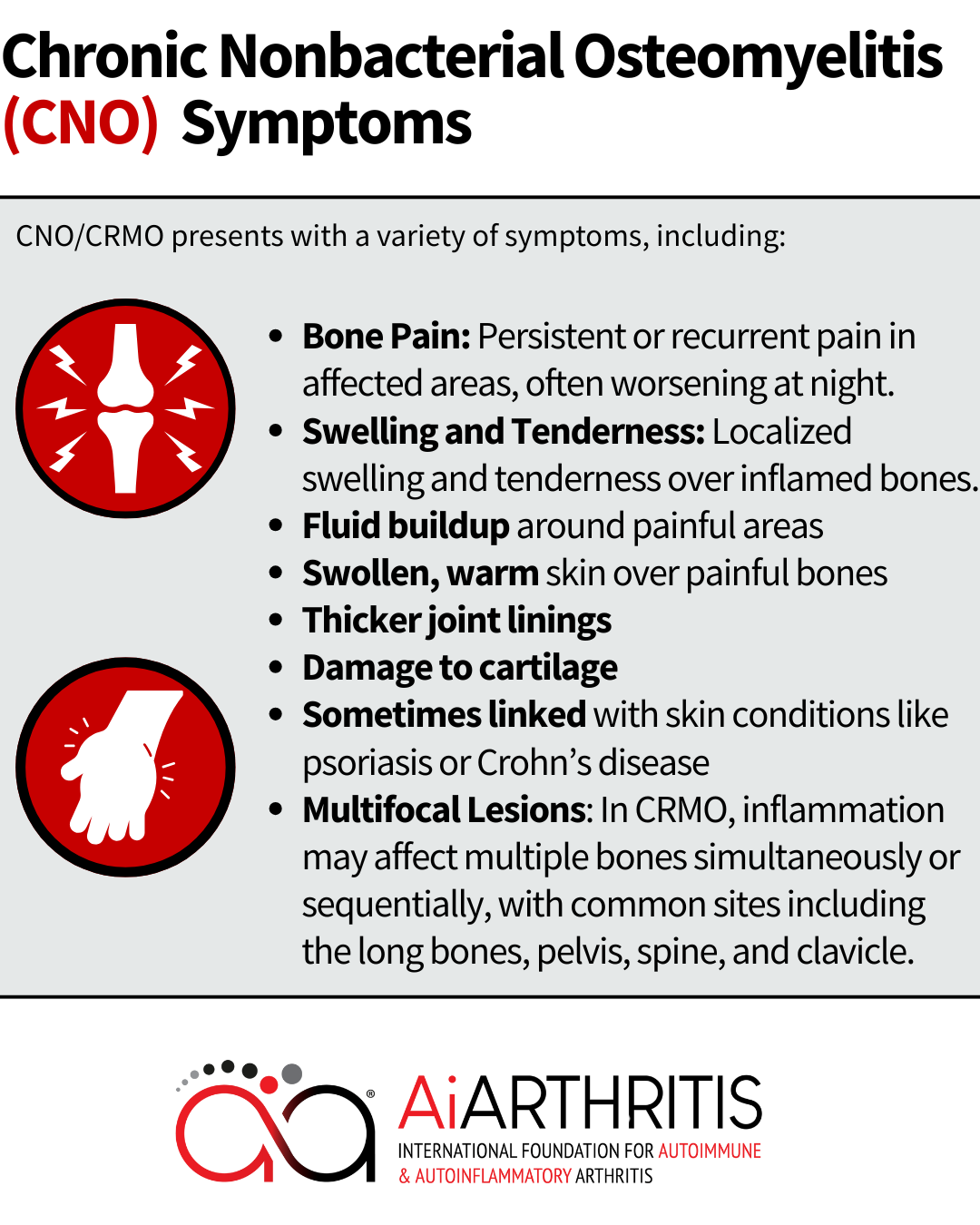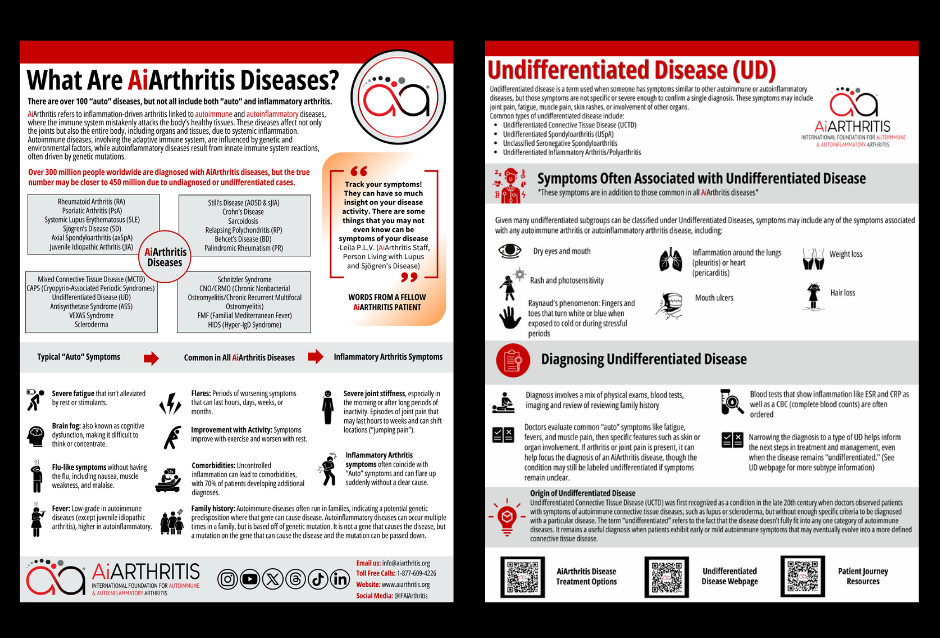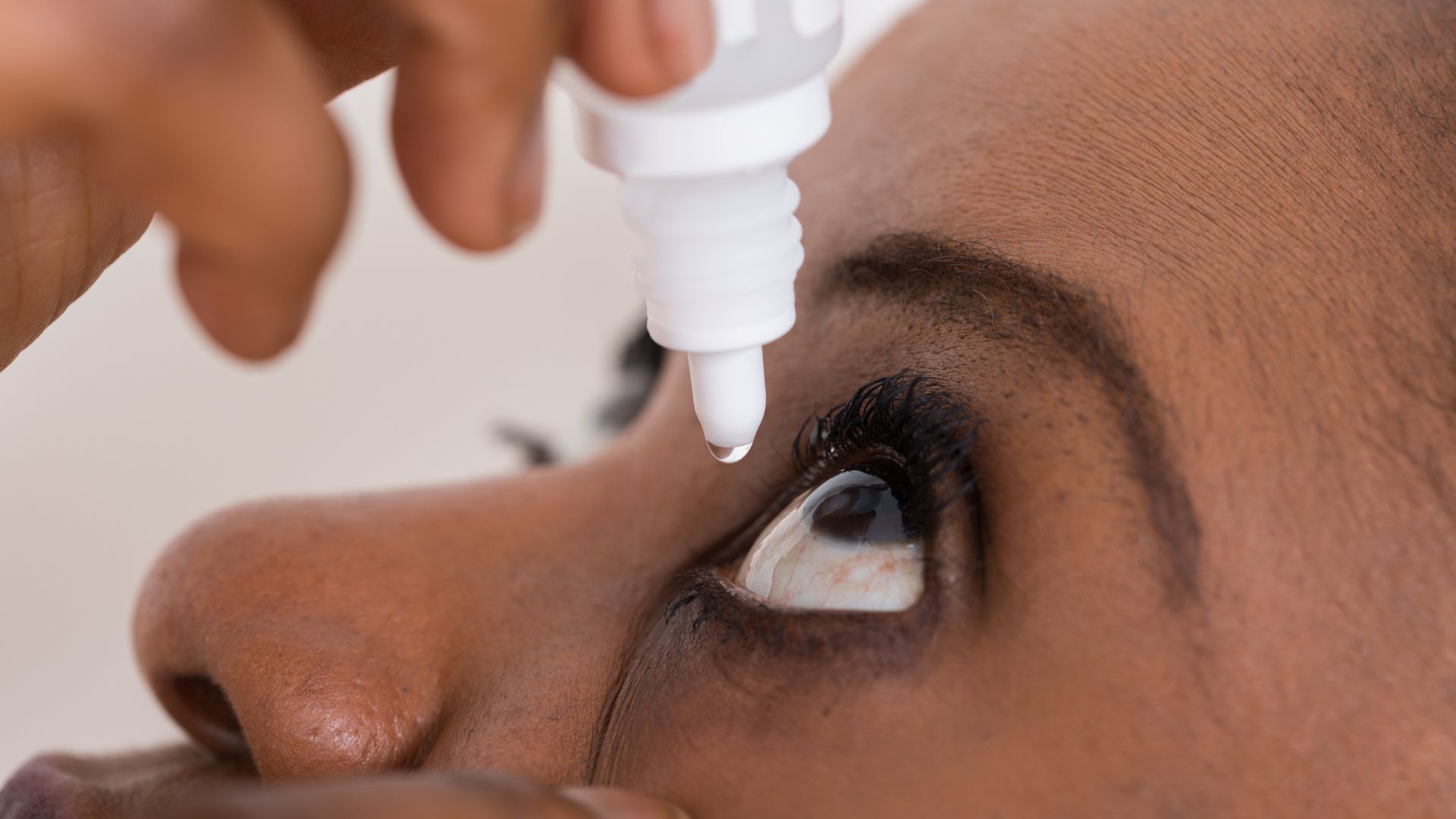Are you or a loved one navigating life with AiArthritis diseases? The International Foundation for Autoimmune & Autoinflammatory Arthritis (AiArthritis) brings you this comprehensive guide to better understand these conditions and their symptoms. Learn about over 20 AiArthritis diseases, discover the importance of symptom tracking, and find support tailored for you.
Chronic Nonbacterial Osteomyelitis (CNO): A Rare Autoinflammatory Bone Disorder

Chronic Nonbacterial Osteomyelitis (CNO) and Chronic Recurrent Multifocal Osteomyelitis (CRMO) are rare autoinflammatory diseases that cause bone inflammation without infection, leading to long-term pain and swelling. They primarily affect children and adolescents, though adults can also be diagnosed. CNO represents a spectrum of disease severity, with CRMO being the most severe form, involving recurrent and multifocal bone lesions. Thanks to advances in diagnostic techniques and growing awareness, these disorders are now more widely recognized.
First described in the 1970s, CNO and CRMO were identified when doctors observed recurring bone inflammation in children without bacterial infection. The term “osteomyelitis” refers to bone inflammation, while “nonbacterial” indicates no infection is involved. CRMO specifically highlights the recurring and multifocal nature of the disease, where symptoms flare and resolve over time. Over the years, CNO has become the broader term for nonbacterial bone inflammation, while CRMO describes its chronic, recurrent form.
AiArthritis Disease Symptoms
AiArthritis diseases share common features such as flares, where symptoms worsen for hours to months, and improvements with physical activity, while rest can make symptoms worse. Genetic predisposition or mutations can lead to these conditions running in families, and uncontrolled inflammation often results in comorbidities, affecting 70% of patients.
Key symptoms include:
- Severe fatigue that persists despite rest or stimulants
- Brain fog, making concentration difficult
- Flu-like sensations like nausea and muscle weakness
- Low-grade fevers (higher in autoinflammatory diseases)
- Joint stiffness, especially in the morning or after long periods of inactivity
- Sudden, shifting joint pain that starts and stops abruptly
Symptoms of Chronic Nonbacterial Osteomyelitis (CNO)
CNO/CRMO presents with a variety of symptoms, including:
- Bone Pain: Persistent or recurrent pain in affected areas, often worsening at night.
- Swelling and Tenderness: Localized swelling and tenderness over inflamed bones.
- Fluid buildup around painful areas
- Swollen, warm skin over painful bones
- Thicker joint linings
- Damage to cartilage
- Sometimes linked with skin conditions like psoriasis or Crohn’s disease
- Multifocal Lesions: In CRMO, inflammation may affect multiple bones simultaneously or sequentially, with common sites including the long bones, pelvis, spine, and clavicle.

Diagnosing Chronic Nonbacterial Osteomyelitis (CNO)
Diagnosing Chronic Nonbacterial Osteomyelitis (CNO) and Chronic Recurrent Multifocal Osteomyelitis (CRMO) requires a combination of tests, as no single test can confirm these conditions. Rheumatologists use physical exams, blood tests (ESR, CRP), and imaging techniques, including X-rays, MRIs, CT scans, and nuclear bone scans. In some cases, bone biopsies help rule out infections or other causes. Family history of autoimmune or autoinflammatory disease is also considered to better assess risk factors.
Because CNO/CRMO symptoms overlap with infections, bone cancers, and other autoinflammatory disorders, diagnosis depends on excluding other conditions. While ACR and EULAR guidelines don’t offer specific criteria for CNO/CRMO, they emphasize the importance of thorough investigation to ensure accurate diagnosis and effective management.
Treatment of Chronic Nonbacterial Osteomyelitis (CNO)
Management of CNO/CRMO focuses on controlling inflammation, alleviating symptoms, and preventing long-term complications such as bone deformities. Treatment options include:
- Nonsteroidal Anti-Inflammatory Drugs (NSAIDs): Often the first-line therapy for reducing pain and inflammation.
- Disease-Modifying Antirheumatic Drugs (DMARDs): Methotrexate or sulfasalazine may be used in more severe cases.
- Biologic Therapies: IL-1 inhibitors (e.g., anakinra) or TNF inhibitors (e.g., etanercept) are effective for patients with refractory disease.
- Physical Therapy: Helps maintain mobility and prevent complications related to bone damage.
Living with CNO/CRMO
Patients with CNO/CRMO often face challenges related to chronic pain, reduced mobility, and emotional stress. A multidisciplinary approach involving rheumatologists, orthopedic specialists, and mental health professionals is essential for comprehensive care. Support groups and patient advocacy organizations can provide valuable resources and emotional support.
Research and Future Directions
Ongoing research aims to better understand the underlying mechanisms of CNO/CRMO and develop targeted therapies. Advances in genetic studies and cytokine signaling pathways offer hope for improved diagnostic tools and personalized treatment strategies.
CNO/CRMO is a complex and rare autoinflammatory disorder that requires early recognition and effective management to prevent complications and improve quality of life. Increased awareness among healthcare providers and patients is crucial for timely diagnosis and access to appropriate care. With continued research and advocacy, the outlook for individuals living with CNO/CRMO is steadily improving.
Check out AiArthritis RANT (Rheumatology Action Network Teams), a platform where patients can raise their voices and advocate for change in the autoimmune and autoinflammatory arthritis community. Join the movement and turn passionate ideas into impactful action!


